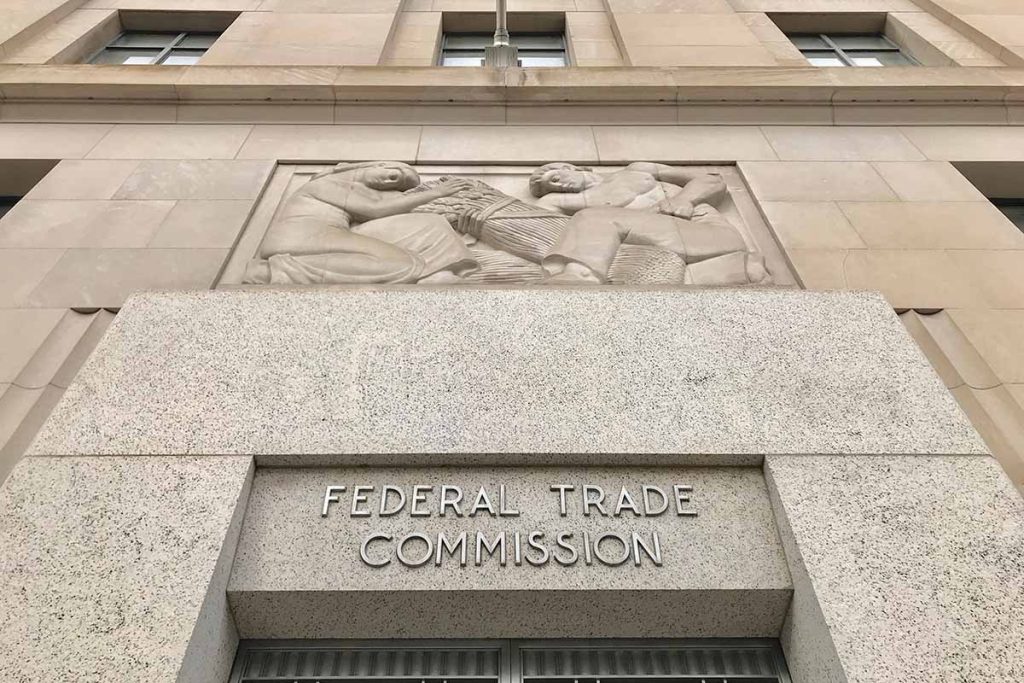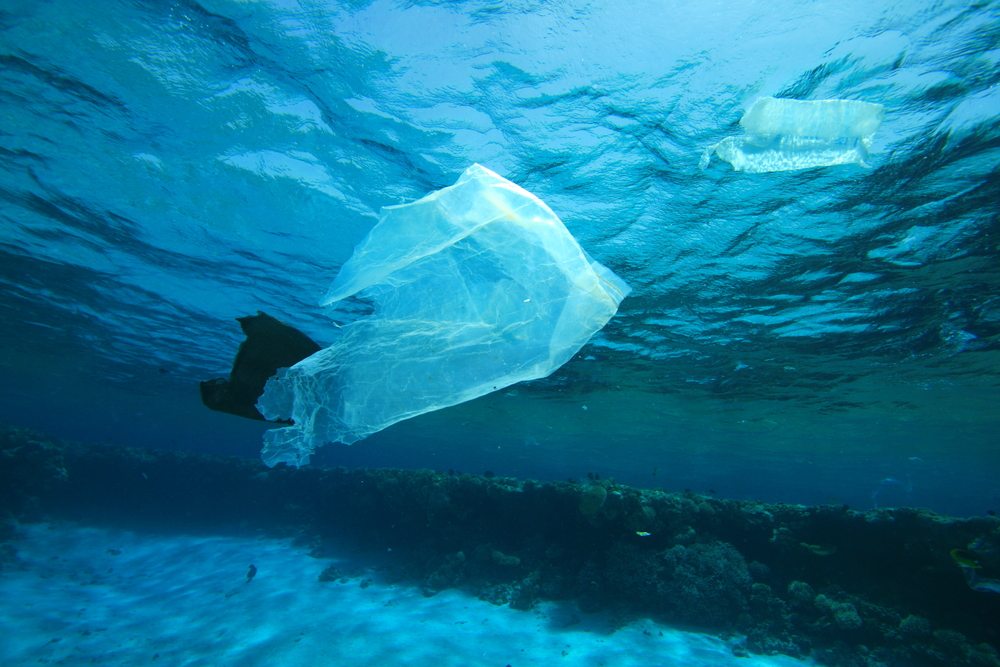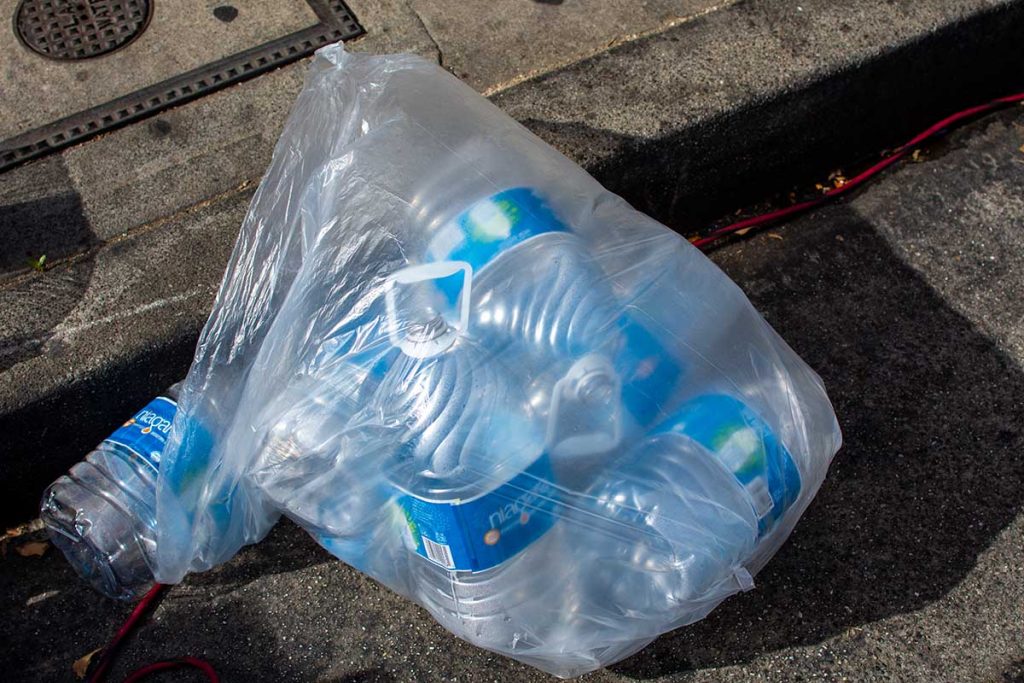
The European Commission is expected to announce the revisions of the EU Packaging and Packaging Waste Directive the week of Nov. 28. | VanderWolf Images/Shutterstock
This story has been updated.
Online delivery packaging, takeaway cups and plastic drink bottles could see new targets for reuse and recycled content under proposals from the European Commission.










